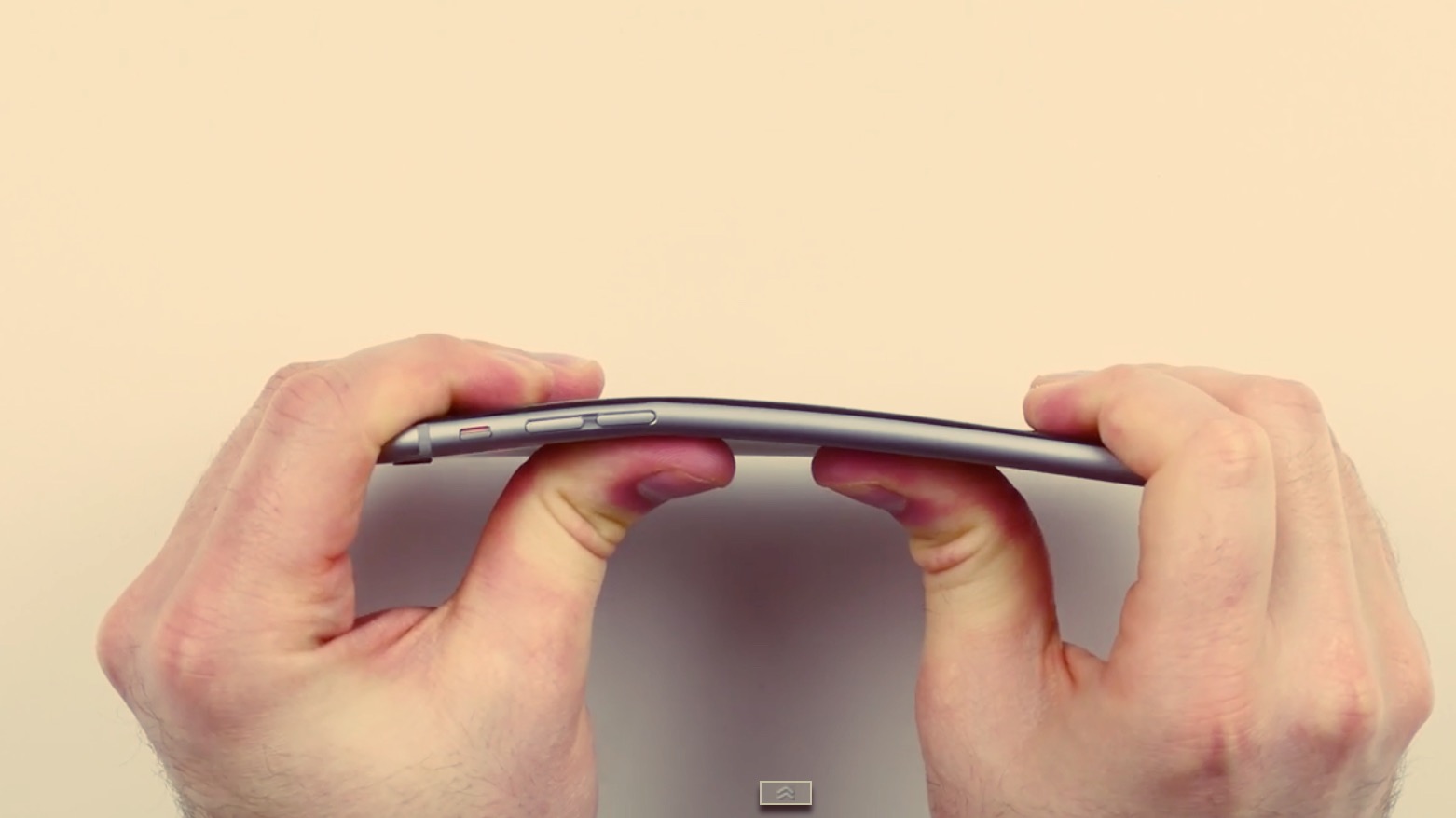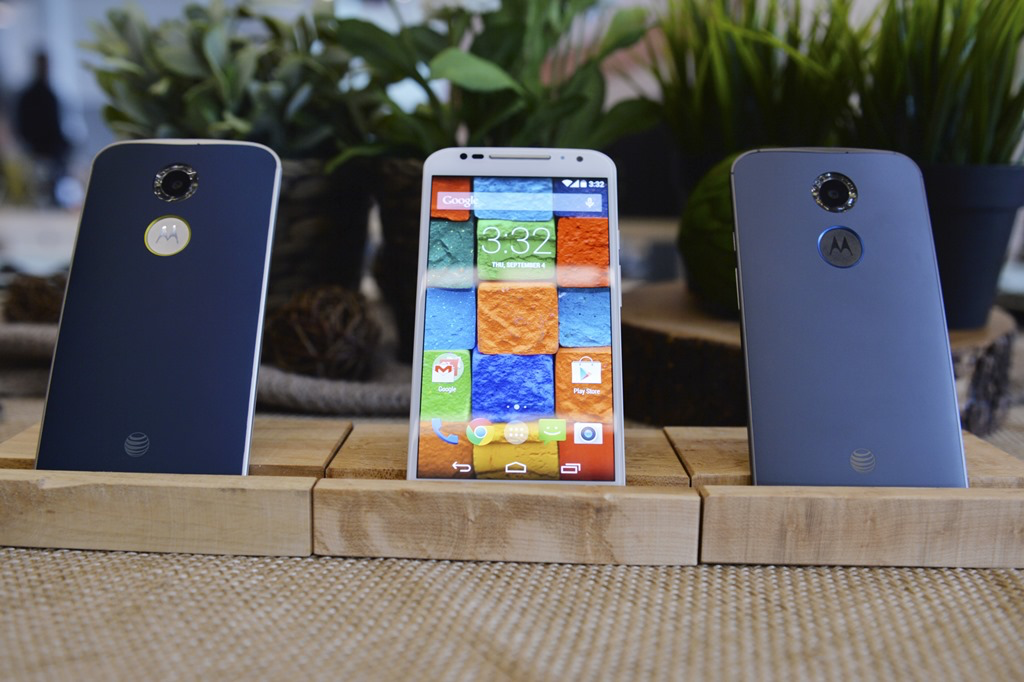Last month, I read frighteningly insightful analysis “How the Internet Killed Profit“. Ah yeah. Facilitated in part by the Google free economy, many things that were profitable suddenly aren’t. There’s little financial gain giving away valuable content. Free isn’t necessarily bad, just a myth—the great Internet lie that reinforces the justification no one needs to pay for anything.
But as I explained five years ago in post “The Problem with Free“: “Free and the Internet go oddly together, and not necessarily well together…People will pay for anything for which there is perceived or actual value. Free is an acceptable price when there is perceived or actual value”. Pay or free are the same because value matters more. The 2009 analysis responded to Chris Anderson’s assertion that on the Internet “free really can be free”. He is misguided.










